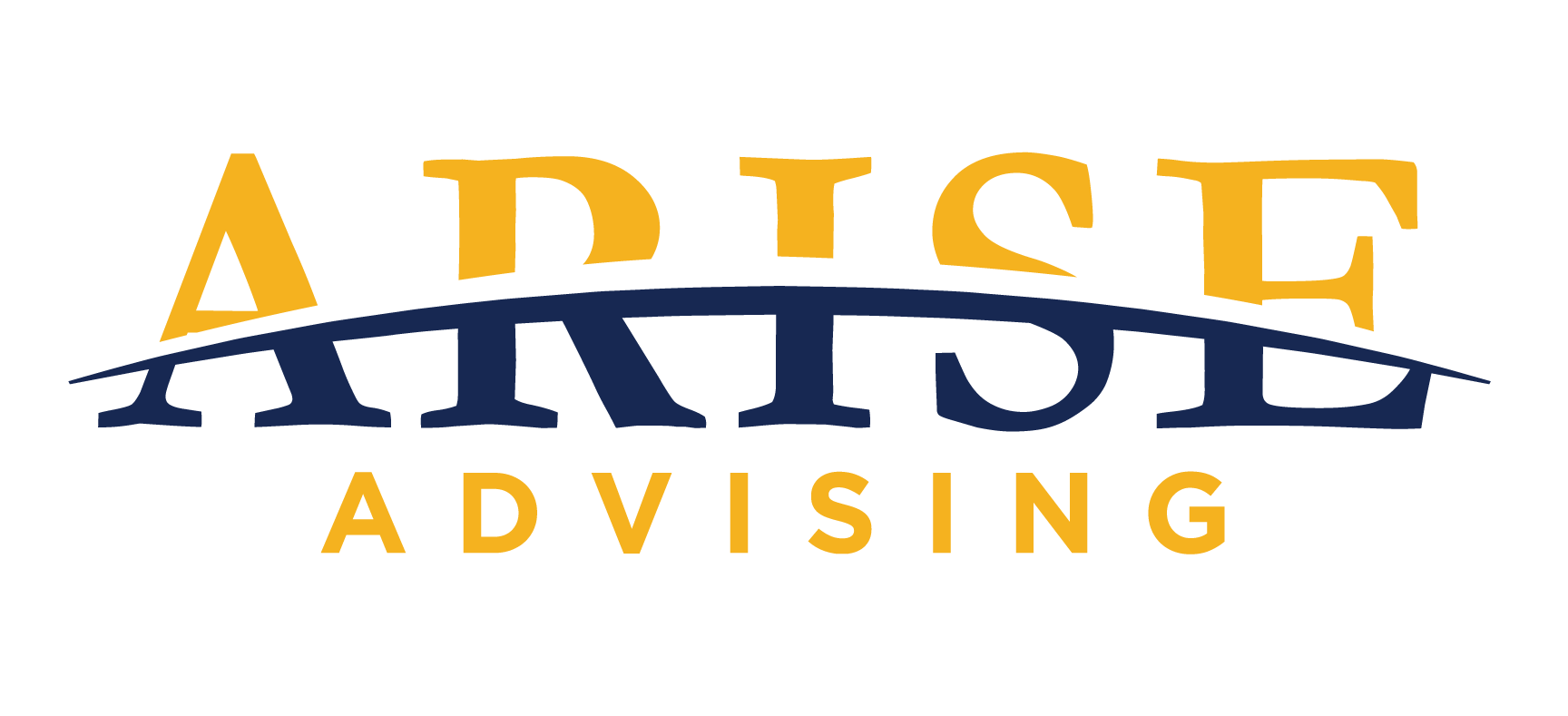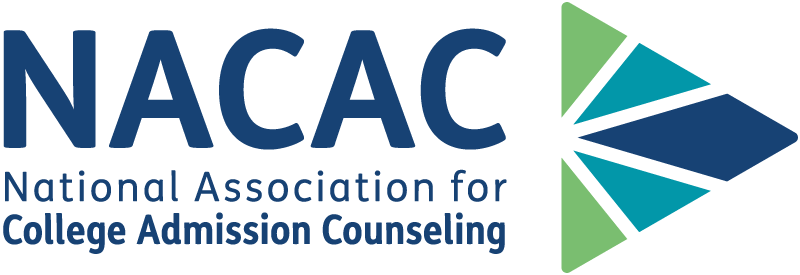[vc_row][vc_column][vc_column_text]
College Planning During COVID-19: My Best Answers to Your Good Questions
Our student’s high school experience has already been affected by COVID-19. How will this affect their college chances? How has the admissions process changed?
First, you can take a breath. The pandemic has been tough for every one of your student’s peers everywhere and has impacted their standardized testing, Spring 2020 transcripts, classroom (or Zoom) experiences, teacher recommendations, and extracurricular and summer activities. Many of their families have experienced financial hardships and challenges in their home and school environments. This means that the playing field is different for the whole cohort, not just for your student and that colleges and universities are all adapting and adjusting as well. We’ll stay on top of the changes and help you and your student anticipate, adapt, and optimize for this new world.
How are we supposed to get to know colleges without in-person college fairs, college tours, and campus visits?
College tours and campus visits as well as college fairs have been limited since March 2020. Prospective applicants now get to know colleges and communicate with admissions offices through virtual tours, online information sessions, blogs by admissions officers and current students, and so on. I help students and families take fullest advantage of this new reality and believe it can actually help families think objectively, expansively, and systematically in the college search process.
How has COVID affected standardized testing?
A number of schools were test-optional or test-blind even before 2020. When COVID-19 closed test centers across the world, even more colleges adopted test optional, test flexible, and test blind admissions policies for at least the cohort applying for Fall 2021. Many of those colleges are already retaining those test optional policies; other colleges have yet to define their future policies. We pay close attention to developments and announcements on a national and individual college basis. Here are good sources for news and updates about standardized testing:
FairTest This association has long promoted test-optional and test-blind policies and keeps the most current list of over 1600 test-optional schools.
NACAC COVID and admissions updates Statements from the national college counseling association that “test optional means test optional” and a list of colleges (as of August 2020) who have affirmed that they will not penalize students for not submitting test scores.
How do you advise students who will apply to colleges in 2021 or 2022?
I encourage students to work on the things you can control and let go of the rest. As best you can. We truly do not know what the admissions landscape will look like come 2021 or 2022 but so much of the prep work remains the same, even if some of it is done virtually.
So, my advice to students for the next few years is not much different than if things hadn’t turned upside down:
Make the most of your academics. Choose challenging classes, do your best work, make interesting choices in your projects, team assignments, essays, and research assignments. Take some risks and enroll in online courses that will allow you to explore issues or develop skills that provoke or inspire you.
Take every opportunity to connect with your teachers and classmates, whether you are on Zoom or in person. Remote learning can be intense and sometimes you just need to turn your camera off. But you can still participate in class Slack channels, answer questions through Zoom chat, go to office hours, or just stay online a minute after class to thank your teacher or classmates for an interesting discussion.
In general, plan for taking standardized tests in 2021 and 2022.
Read books. Read magazines, blogs, essays, stories, lab reports, or coding manuals. Read what you like. Just. Read.
Be patient and gentle with yourself, your family, and your community. Look out for your friends. Look for ways that you can make an actual difference, no matter how small or personal.
Consider keeping a journal. Notice the weird little details that crop up in your daily life. Write them down. Then write down some feelings or thoughts. When it’s time to write your college essays and go for interviews, you will have practiced starting with the small to tell your unique story.
Broaden your horizons and get to know colleges through their websites. Start with the schools you know, perhaps nearby schools or the brand-name schools. See what appeals to you and think about why. Then look for other colleges that share those features by checking out the Resources page of this website.[/vc_column_text][/vc_column][/vc_row]







